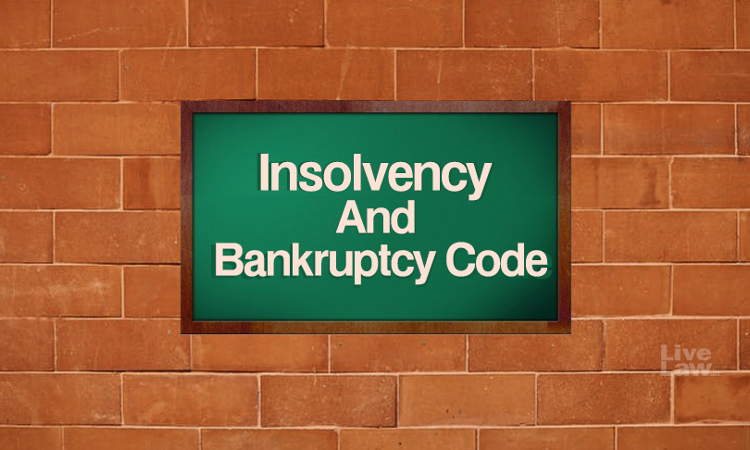Notable Judgments On Insolvency And Bankruptcy Code, 2016 Part- 2
Tariq Khan & Byron Sequeira
12 May 2019 10:41 AM IST

Next Story
12 May 2019 10:41 AM IST
WHETHER A WINDING UP PETITION CAN BE FILED BY THE SECURED CREDITOR AGAINST A BORROWER EVEN AFTER OBTAINING DECREE FROM THE DEBTS RECOVERY TRIBUNAL? [Swaraj Infrastructure Pvt. Ltd. v. Kotak Mahindra Bank Ltd. (Civil Appeal No. 1291 of 2019 Decided on 29.01.2019)] The Hon'ble Supreme Court maintained the exclusivity of Recovery of Debt and Bankruptcy Act (RDB Act) for...
